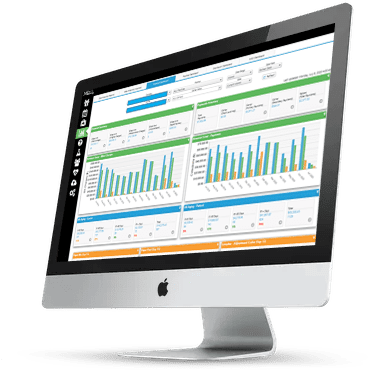CHICAGO – Federal and state governments have made a number of investments in health information exchange (HIE) and interoperability infrastructure, exemplified by the ONC State HIE Cooperative Agreement and Medicaid HITECH 90/10 Federal Financial Participation. But many states have kept developing and remodeling their data governance and exchange services.
The technology uses the smart TV in an in-patient setting as a hub to deliver relevant, integrated clinical information, says Rebecca Stametz, VP of digital transformation at Geisinger’s Steele Institute for Health Innovation.
During a preview of his HIMSS23 keynote, Mark Zandi, Moody’s Analytics chief economist, advises to focus on labor productivity in a tight workforce market.
Third parties are now directly tied into the pipeline of hospitals’ critical functions, says Erik Decker, VP and CISO for Intermountain Healthcare.
With little industry regulation and limited proof of effectiveness, tech innovation for behavioral healthcare is being scrutinized. Dr. Zenobia Brown, SVP of Population Health Care Management and associate CMO at Northwell Health, discusses further in a HIMSS23 session preview.
More than half of payers, 58%, had at least one outcomes-based contract (OBC) in place during the 2022 plan year, and respondents to a new Avalere survey who are utilizing at least one OBC indicated oncology, cardiology, and endocrinology as the top therapeutic areas in which OBCs came into play last year.
Sequoia Project VP of informatics, conformance and interoperability Didi Davis highlights the company’s Data Usability Implementation Guide v.1, released last year, at her HIMSS23 panel.
President Biden is proposing to expand Affordable Care Act and Medicaid health coverage for Deferred Action for Childhood Arrivals (DACA) recipients.
Oatmeal Health CEO and cofounder Ty Vachon introduces his HIMSS23 panel exploring the ways academia is working with AI to lessen bias and avoid pitfalls, and deliver on the technology’s promise in healthcare.

